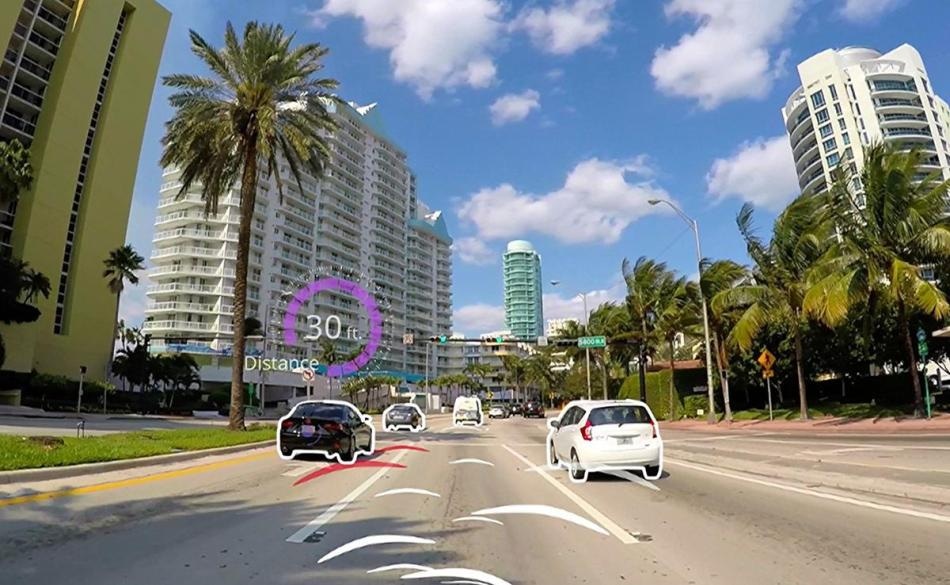Vayyar, the global leader in 4D imaging technology, today announced the launch of the world’s first sensor solution capable of meeting industry dual-band needs. Developed specifically to increase safety and passenger monitoring in the interior of a car, this solution is the first to provide manufacturers with sensors that meet country-specific frequency requirements, such as a 79GHz band in Japan, or a 60Ghz band in Europe and the United States.
Addressing these regulatory bands provides new flexibility to manufacturers and tier 1 suppliers by offering a choice between these frequencies. Compared to other options, this sensor suite is far more advanced and cost-efficient, meeting all requirements for faster and more effective interior sensor implementation. See how it works here.

The need for more advanced interior car monitoring and safety has become a critical issue in the industry, especially for infants; since 1998, over 800 children have died as a result of vehicular heatstroke with more than half of the cases showing that the child was forgotten by the caregiver. By 2022, child presence detection will be a requirement through the HOT CARS Act legislation in the USA and the Euro NCAP. Vayyar’s universal sensor solutions create a new, holistic solution for manufacturers to maximize in-cabin safety and prevent such accidents. These sensors are able to detect if an infant has been left in a vehicle, even if they are covered by a blanket or in a car seat, and send a notification to a driver’s phone to alert them of the danger. As the only sensor capable of meeting all country-specific frequency requirements, Vayyar is dedicated to preventing hot car deaths around the world, not just in one country.
Ian Podkamien, Director of Automotive Business Development for Vayyar, said: “Today, in a global market, car manufacturers need absolute flexibility on frequency ranges for an in-cabin safety solution. Vayyar is now uniquely positioned to offer low-cost yet highly advanced solutions that have multiple safety applications. With this advancement, we hope to prevent dangerous and life-threatening situations from happening in vehicles and look forward to working with manufacturers to create smarter, safer cars.”
The sensors’ point cloud capabilities are able to display the dimension, shape, location and movement of people and objects, and enable the complete identification of the car’s environment - regardless of environmental conditions like darkness. In-cabin safety solutions include seat belt reminders (SBR), optimized airbag deployment, gesture control, driver drowsiness alerts and Child Occupancy and Detection (COPD) alarms.
Vayyar’s RF sensor on a chip has 48 transceivers at 60 GHz and 79 GHz wide-bands, allowing over thousands of virtual channels. The chip also consists of an internal DSP for real-time signal processing saving the need for an external ECU. This dual-band solution is easily integrated into existing automotive framework, and offers multi-function capabilities to reduce the overall cost and number of sensors needed for a vehicle.